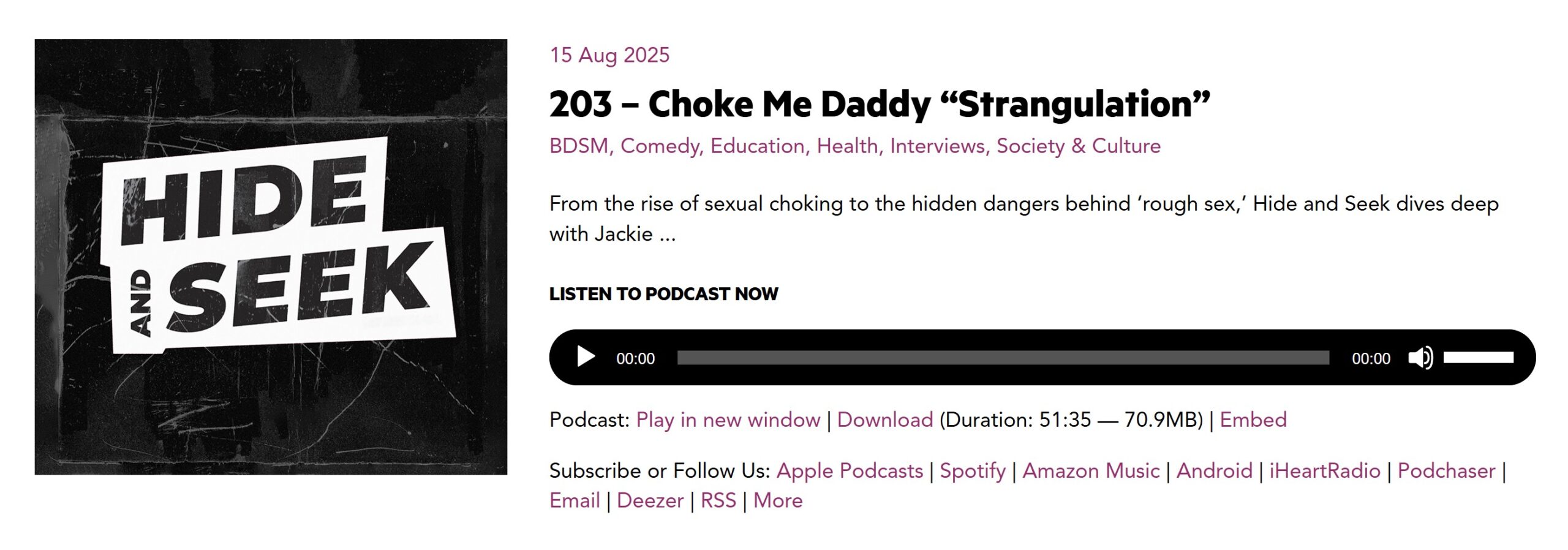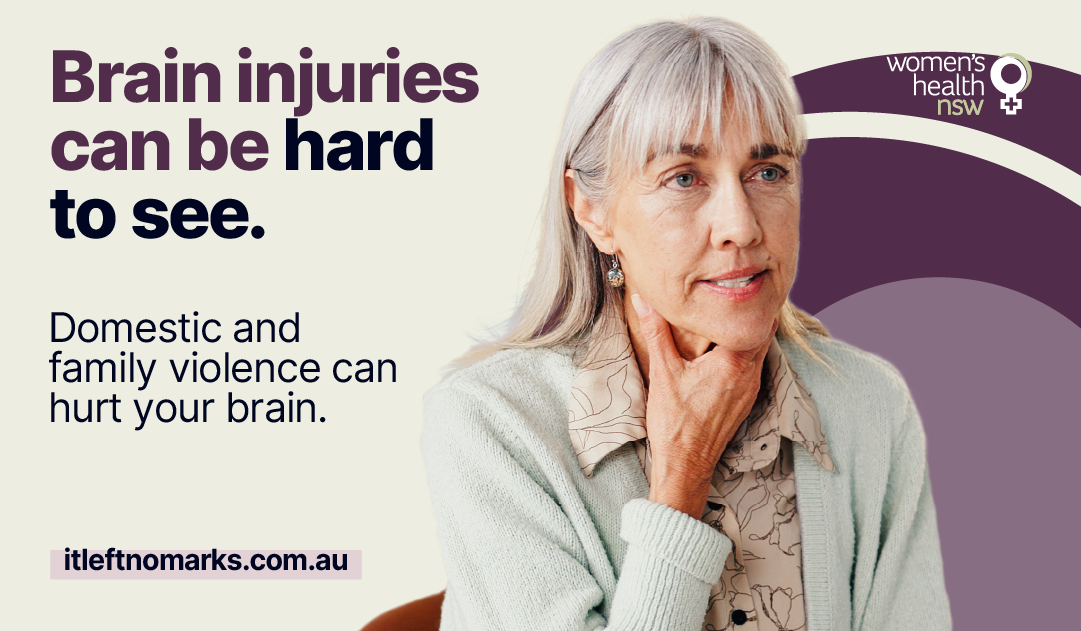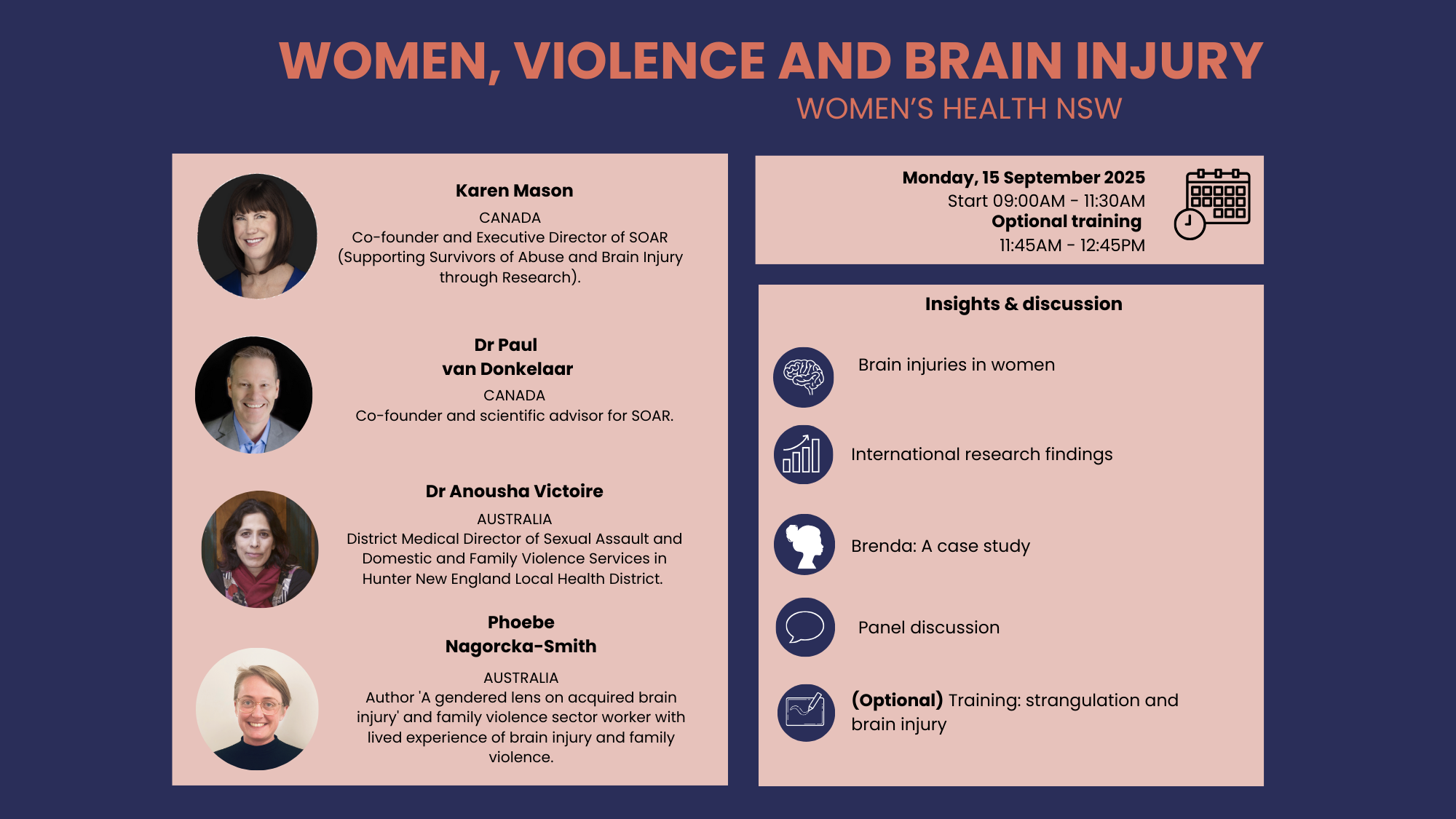Strangulation is where pressure is applied on or around the neck that interferes with blood circulation in the brain or breathing, or both. This pressure can be applied with one or both hands, or with a collar, rope, or clothing, like a scarf or shoelace, or by using other body parts to put pressure on the neck.
Strangulation is often experienced as part of sexual violence. Strangulation is also a common and dangerous way that perpetrators of domestic and family violence exert control over victims and survivors, making them feel afraid and that they are likely to be killed. Some studies show that strangulation in an abusive relationship indicates that violence in the relationship is increasing, and victims and survivors are more likely to be killed in the future.
Some people engage in strangulation as a form of rough sex or kinky sex. They may call it sexual choking or breath play, using a chokehold, being pinned, or being suffocated. Whatever you call it, putting pressure on someone’s neck so they struggle to breathe is a risky practice that can result in death and serious injury, and can also have legal implications for the person using the pressure.
Research shows that about half the time, strangulation leaves no visible injuries. However, there can still be internal injuries, including damage to the brain. It’s a good idea to encourage someone who has been strangled to visit a doctor and tell them they have had pressure applied to their neck so the doctor knows what to look out for.
This website contains resources we have produced or collated about strangulation, sexual choking and acquired brain injury. We have arranged them by who they will be most useful for: women, healthcare providers and other sorts of service providers.
RESOURCES








